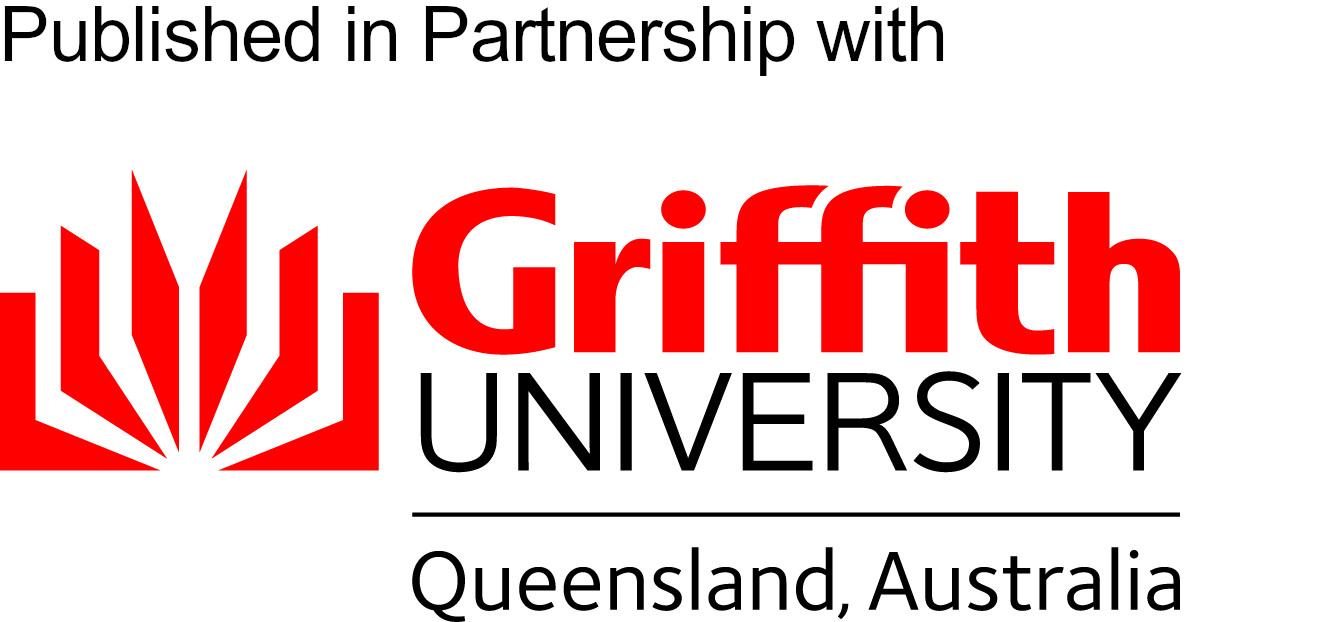Adults as allies to young people striving for social justice
DOI:
https://doi.org/10.1017/qre.2017.12Keywords:
Detroit, Michigan, social justice, metropolitan areas, adult allies, exemplars of practiceAbstract
What are some strategies for preparing adults as allies to young people striving for social justice in metropolitan areas that are becoming more segregated and more diverse? This question is especially important at a time when young people are aware of segregation, and want to communicate and collaborate with others who are different from themselves, across the boundaries that segregate them. Some adults successfully support and engage with youth as adult allies. Many adults are, however, conditioned to position youth in secondary roles, and would benefit from more information about how to successfully engage with young people as allies. This article analyses the efforts of adults like these, drawing upon work in metropolitan Detroit, an area that is among the most segregated in the United States, and that also has small pockets of diversity. It views adults as allies in their broader context, identifies exemplars of practice and discusses the lessons learned from empirically based practice.
References
-





